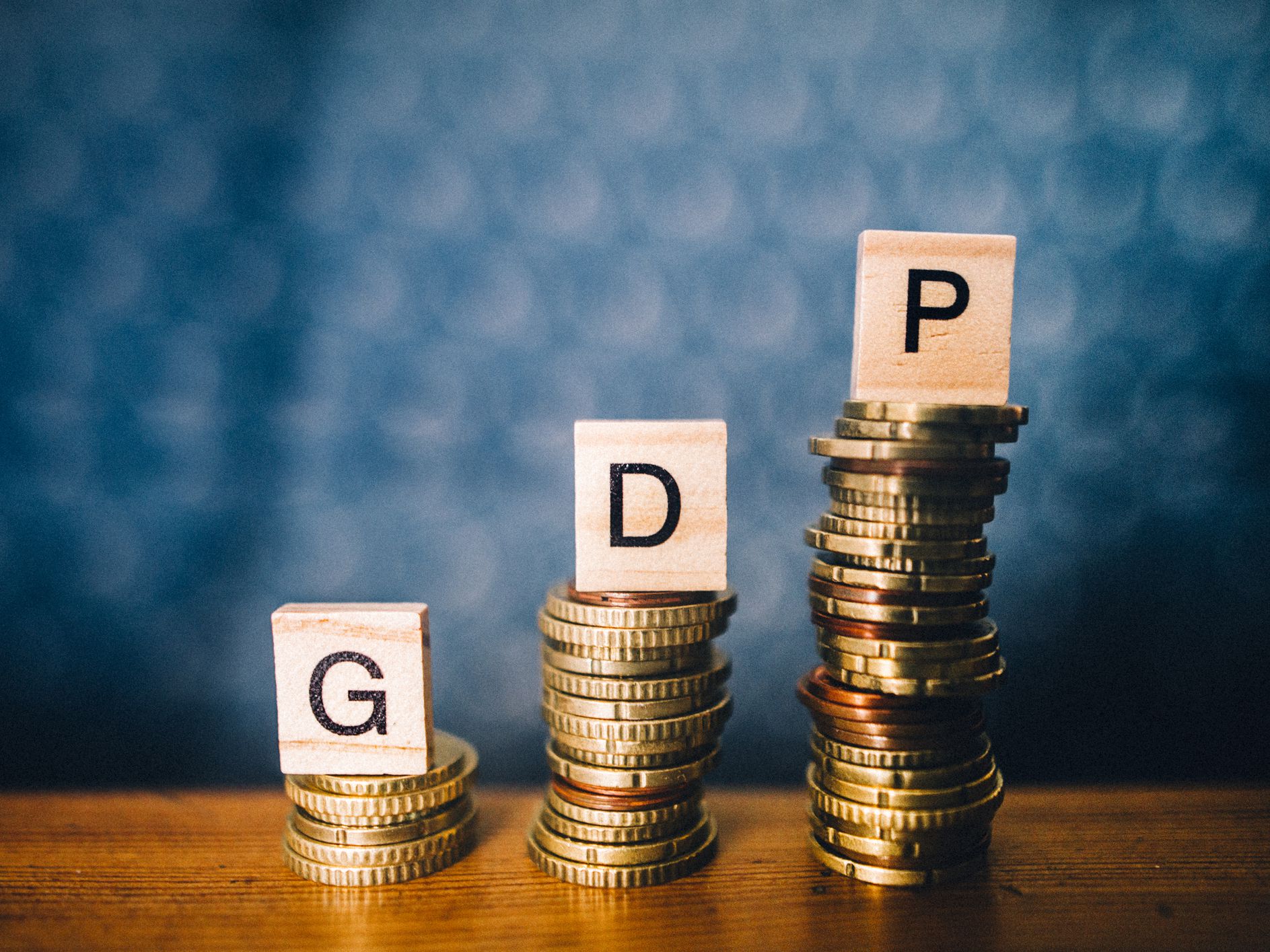Mahir Binici, the IMF Resident Representative for Pakistan, emphasized the need for the country to increase its tax-to-GDP ratio to 15% to address its growing economic and climate challenges.
As per media reports, Binici made the statement during a panel discussion on “Financing Sustainable Development in the Emerging World Dis/Order,” held as part of the 28th Sustainable Development Conference organised by the Sustainable Development Policy Institute (SDPI) on Friday.
Binici outlined several key obstacles to Pakistan’s growth, including its narrow tax and export base, an inefficient energy sector, and loss-making state-owned enterprises (SOEs). However, he expressed optimism about the country’s newly approved USD 1.4 billion arrangement under the IMF’s Resilience and Sustainability Facility (RSF), which is designed to strengthen Pakistan’s economic resilience and ability to handle environmental shocks.
“This initiative aims to integrate climate considerations into public financial management and foster long-term sustainable growth,” said Binici, noting that the RSF works alongside Pakistan’s ongoing Extended Fund Facility (EFF), a three-year program of structural reforms running until 2027.
Samuel Rizk, UNDP Resident Representative, pointed out that Pakistan requires about USD 50 billion annually to achieve the Sustainable Development Goals (SDGs) by 2030, while multilateral agencies like the World Bank and IMF can provide only USD 8-10 billion annually.
He stressed the importance of government involvement in securing funding for sustainable development, though he noted the current lack of participation from Pakistan’s government in the discussion.
World Bank Country Director, Dr. Bolormaa Amgabazar, highlighted Pakistan’s vulnerability to climate change, pointing out the country’s rising pollution levels and significant economic losses due to natural disasters.
She warned that if Pakistan does not address its climate challenges, it could lose up to 20% of its GDP by 2025. Referring to the 2022 floods, she added that Pakistan incurred losses of USD 30 billion, with estimated flood-related losses for this year at USD 2.9 billion. The World Bank has committed USD 20 billion in financing over the next decade to address both economic development and the impacts of climate change.
Dr. Amgabazar also emphasized the importance of provincial governments, academia, and civil society in addressing these challenges, noting that Pakistan’s rapidly growing population, coupled with diminishing natural resources, poses a serious future risk.
Jason Avanceña, CEO of Nestlé Pakistan, underscored the need for investments in clean energy technologies, resource management, and efficiency in production lines. He called for enhanced collaboration between the private sector and government to implement reforms and improve existing systems.
The session was moderated by Dr. Abid Qaiyum Suleri, SDPI Executive Director, who highlighted the conference’s multi-faceted approach, covering issues ranging from regional connectivity and global tariffs to climate resilience and disaster risk reduction. The event brought together regional and international experts from 23 countries, aiming to address the urgent need for sustainable solutions to Pakistan’s economic and environmental challenges.
Discover more from Brackly News
Subscribe to get the latest posts sent to your email.



